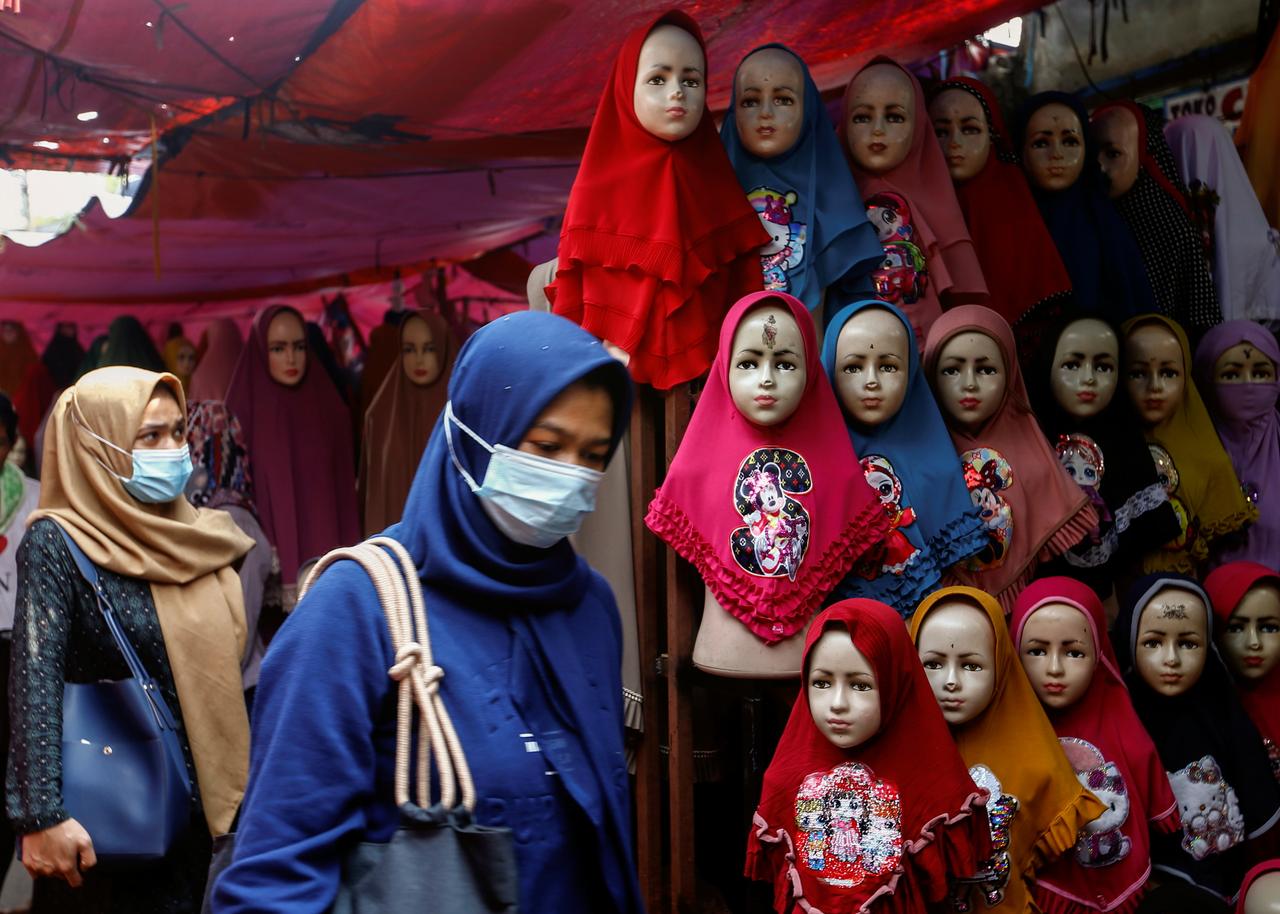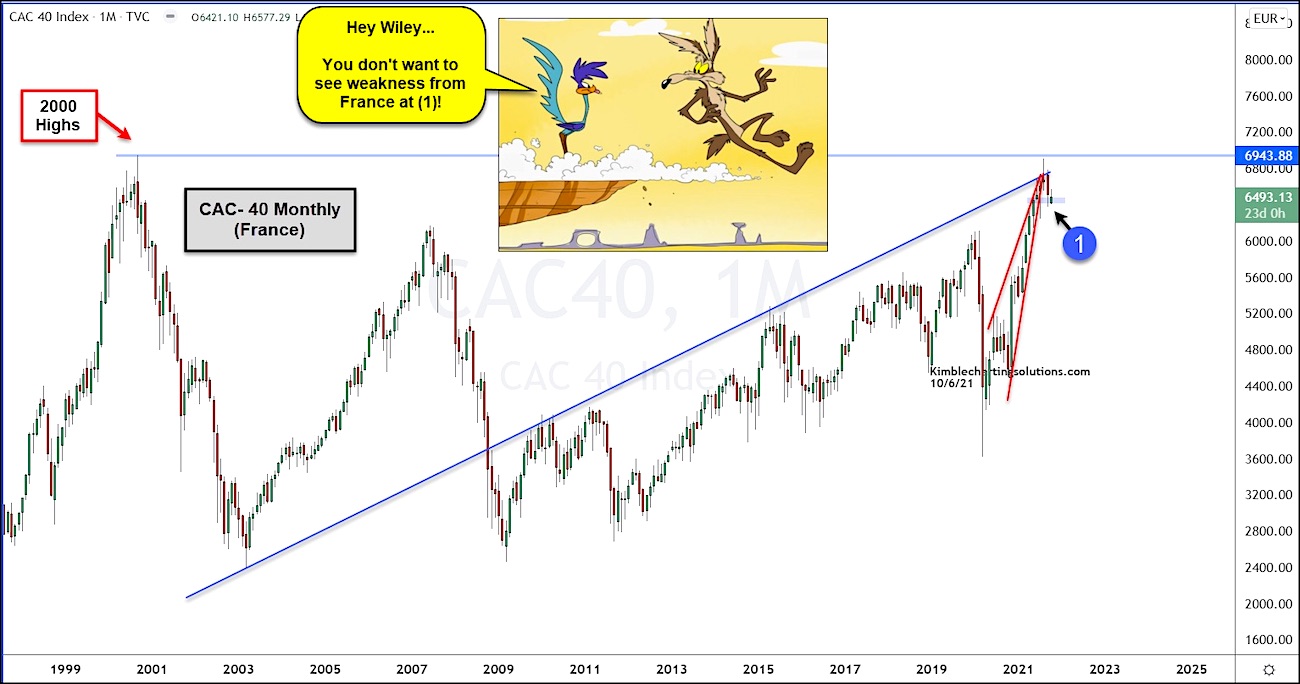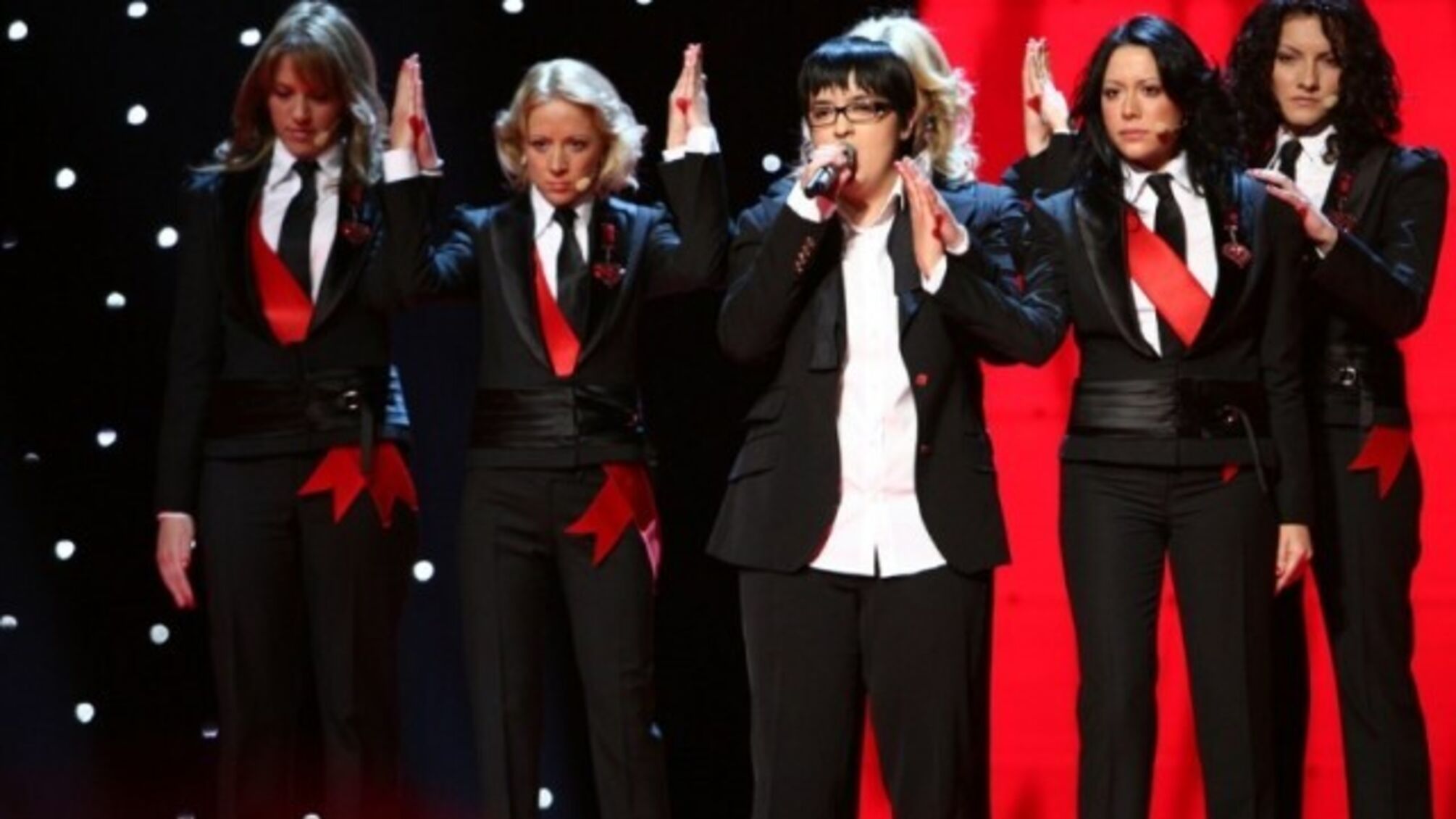Debate Intensifies: Macron's En Marche Supports Restricting Hijabs For Girls Under 15

Table of Contents
En Marche's Rationale for Restrictions
En Marche's justification for restricting the wearing of the hijab for girls under 15 centers on several key arguments, all rooted in the concept of French secularism (laïcité) and child protection.
-
Protecting Children from Undue Religious Influence: Supporters argue that young girls are particularly vulnerable to societal pressures and may not fully understand the implications of wearing a hijab. They believe the state has a responsibility to protect children from what they perceive as undue religious influence, ensuring their autonomy and freedom of choice. This aligns with a broader concern about the potential for radicalization and the safeguarding of minors from potentially harmful ideologies.
-
Upholding French Values and Laïcité: A core tenet of the argument is the preservation of France's principle of laïcité – the strict separation of religion and state. Proponents believe that allowing young girls to wear the hijab undermines this crucial aspect of French identity and national unity. They contend that the restriction is not about targeting a specific religion but about upholding a fundamental principle of the French Republic.
-
Promoting Better Integration into French Society: Some argue that restricting the hijab for young girls could promote better integration into French society by fostering a sense of shared national identity and reducing potential social divisions based on religious affiliation. However, critics counter that such measures could have the opposite effect, further marginalizing Muslim communities.
-
Safeguarding the Well-being and Autonomy of Minors: The argument also highlights the importance of ensuring the well-being and autonomy of minors. By restricting the hijab for girls under 15, supporters believe they are protecting children from potentially harmful external pressures, allowing them to develop their own identities and beliefs without undue religious influence.
Opposition to the Proposed Restrictions
The proposed restrictions have faced strong opposition from various groups and individuals, who raise significant concerns about religious freedom, human rights, and potential discrimination.
-
Violation of Religious Freedom and Human Rights: Critics argue that such restrictions represent a clear violation of fundamental human rights, specifically the right to freedom of religion and expression. They contend that the state should not dictate religious practices, especially those related to personal attire.
-
Discrimination Against Muslim Girls and Families: Opponents point to the potential for significant discrimination against Muslim girls and their families. They argue that such a law would target a specific religious group, leading to stigmatization and further marginalization of already vulnerable communities.
-
Importance of Parental Rights and Religious Autonomy: The debate also highlights the importance of parental rights and the right of families to raise their children according to their religious beliefs. Opponents argue that the state's intervention in this area is unwarranted and infringes upon the autonomy of families to make decisions regarding their children's religious upbringing.
-
Government Interference in Personal Choices and Religious Practices: A central argument against the proposed restrictions focuses on the principle of individual liberty and the potential for government overreach. Opponents argue that the state should not interfere in personal choices related to religious practices and attire, unless there is a clear and demonstrable threat to public order or safety.
The Legal and Constitutional Challenges
The legal landscape surrounding this issue is complex. Any attempt to implement restrictions on the hijab for girls under 15 would undoubtedly face significant legal challenges.
-
Existing French Laws Regarding Religious Attire: France already has laws regulating religious attire in certain public spaces, but these primarily focus on issues of public order and security. The proposed restrictions would represent a significant departure from existing legislation and could raise serious constitutional questions.
-
Potential Legal Challenges to Proposed Restrictions: Legal challenges would likely focus on violations of fundamental human rights, including freedom of religion and non-discrimination. The arguments would center on the proportionality and necessity of such restrictions, emphasizing the potential for disproportionate impact on Muslim communities.
-
Relevant Human Rights Legislation and International Conventions: International human rights law, including the European Convention on Human Rights, provides significant protections for freedom of religion and expression. Any restrictions on the hijab would need to comply with these international standards and demonstrate a compelling justification for any limitations on these rights.
-
Impact on Legal Precedents and Future Interpretations of Religious Freedom: The outcome of any legal challenges could have a significant impact on future interpretations of religious freedom in France and could set important precedents for similar debates in other European countries.
Public Opinion and Societal Impact
The debate surrounding the hijab has deeply divided French society, resulting in significant political polarization and intense public discourse.
-
Public Opinion Polls: Public opinion polls reveal a significant split in public opinion, with varying levels of support for restrictions depending on the specific phrasing of the question and the demographic group surveyed. This highlights the complexity and sensitivity of the issue.
-
Social Divisions and Political Polarization: The debate has exacerbated existing social divisions and heightened political polarization, with strong opinions expressed on both sides. This has made constructive dialogue and finding common ground particularly challenging.
-
Media Coverage and Public Discourse: Media coverage has played a significant role in shaping public discourse, with different outlets often framing the issue from distinct perspectives, further contributing to the polarization.
-
Potential Long-Term Societal Impact: The long-term societal impact of such restrictions remains uncertain. While proponents believe they will strengthen French secularism and promote integration, opponents fear they will lead to further marginalization and social unrest.
Conclusion
The debate surrounding Macron's En Marche party's support for restricting hijabs for girls under 15 highlights a complex clash between secularism, religious freedom, and the rights of minors in France. The arguments presented by both sides expose deep societal divisions and raise crucial questions about the role of the state in regulating religious practices. The legal and societal ramifications of such restrictions remain significant and warrant continued scrutiny.
Understanding the nuances of this multifaceted debate on the hijab is crucial. Stay informed about the ongoing developments and engage in respectful discussions to foster a more inclusive and tolerant society. Continue following the news on Macron's En Marche and their stance on restrictions on the hijab for girls under 15 to stay updated on this significant political and social issue in France.

Featured Posts
-
 Ferraris 10 Fastest Production Models Track Tested
May 24, 2025
Ferraris 10 Fastest Production Models Track Tested
May 24, 2025 -
 Essen And Nrw Diese Eis Sorte Ist Der Absolute Renner
May 24, 2025
Essen And Nrw Diese Eis Sorte Ist Der Absolute Renner
May 24, 2025 -
 Cac 40 Index Ends Week Lower But Shows Weekly Resilience March 7 2025
May 24, 2025
Cac 40 Index Ends Week Lower But Shows Weekly Resilience March 7 2025
May 24, 2025 -
 Peremozhtsi Yevrobachennya Ostanni 10 Rokiv Kudi Voni Znikli
May 24, 2025
Peremozhtsi Yevrobachennya Ostanni 10 Rokiv Kudi Voni Znikli
May 24, 2025 -
 Escape To The Country Choosing The Right Property For Your Needs
May 24, 2025
Escape To The Country Choosing The Right Property For Your Needs
May 24, 2025
